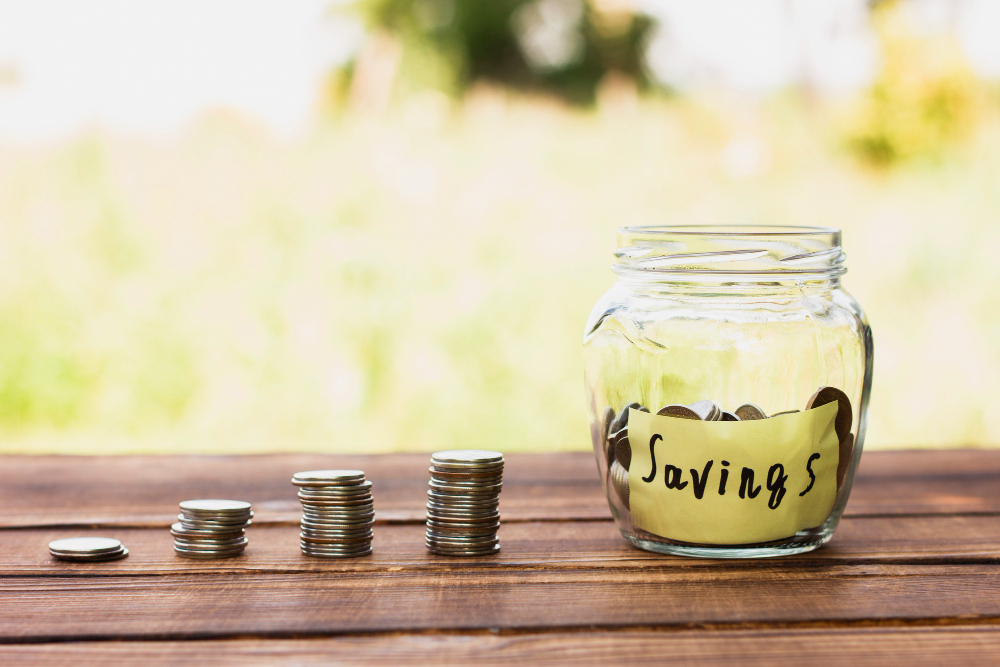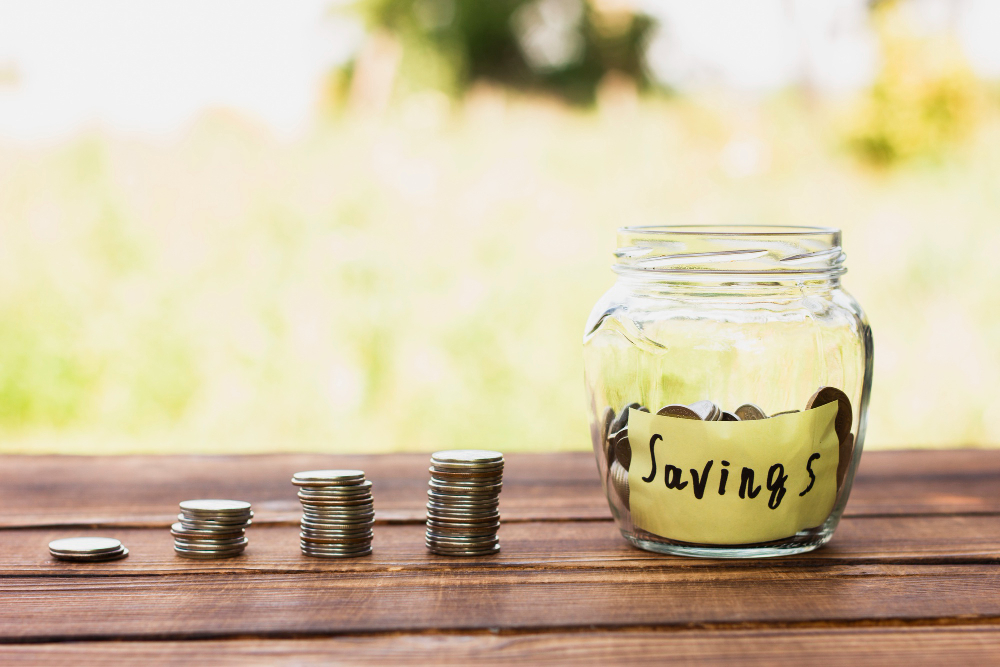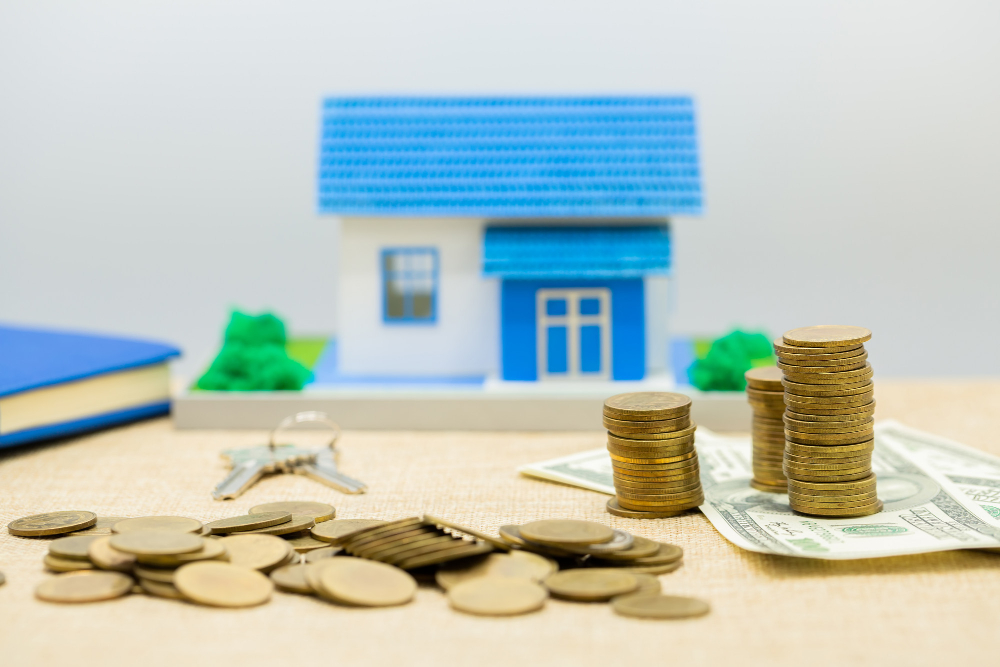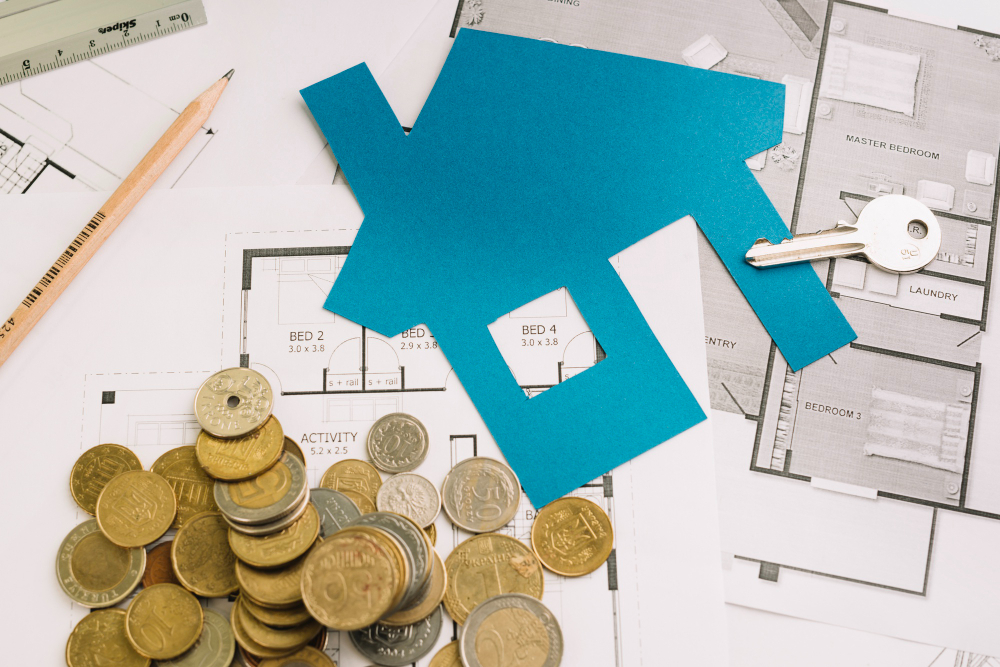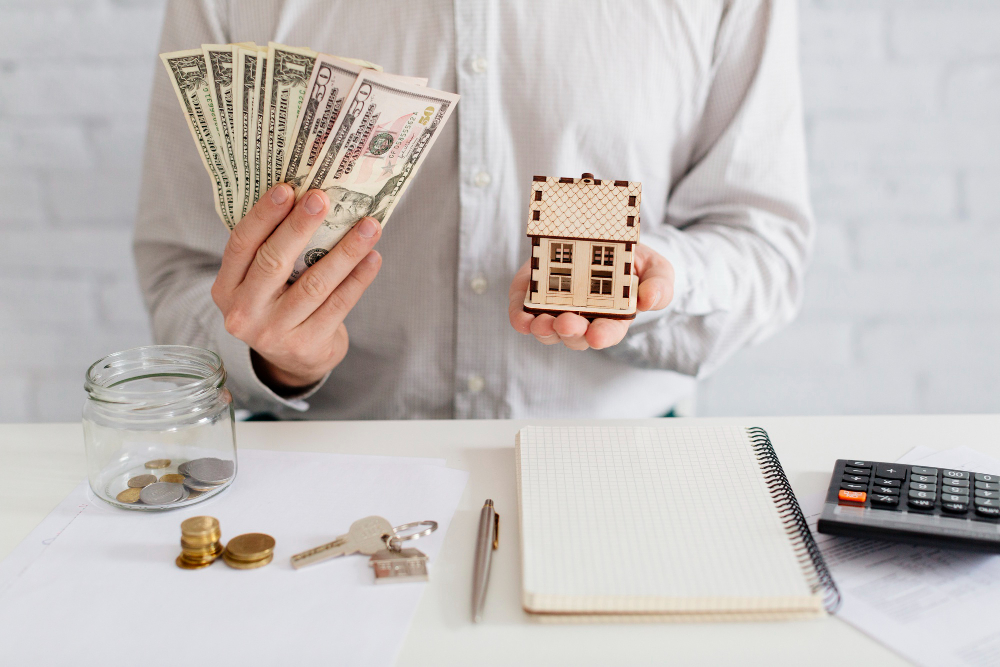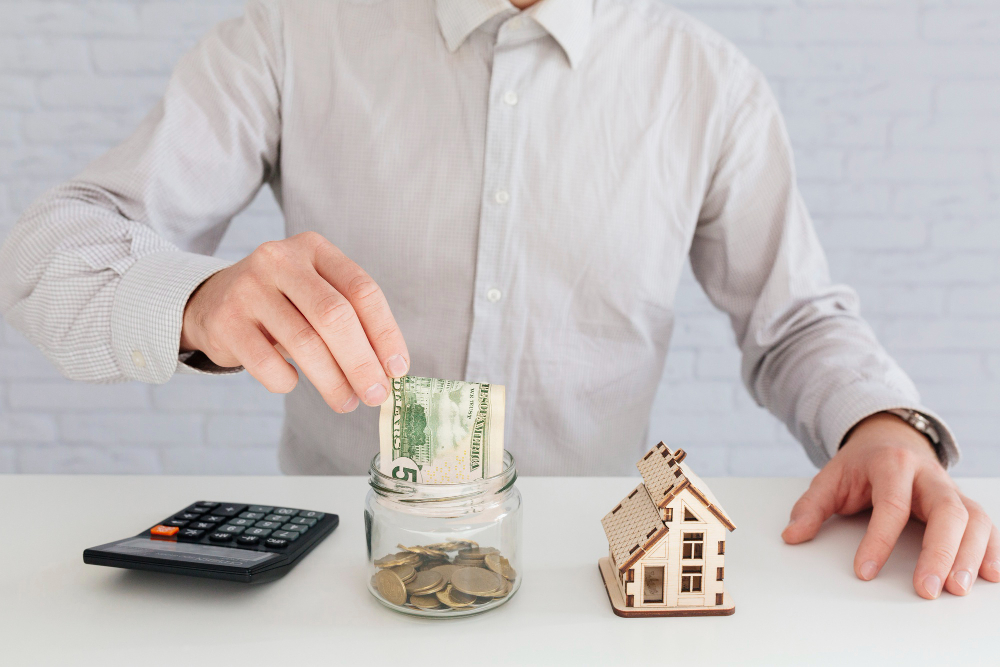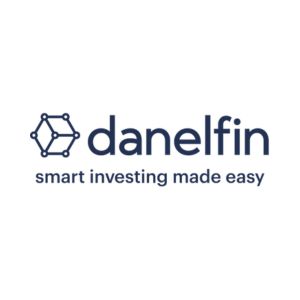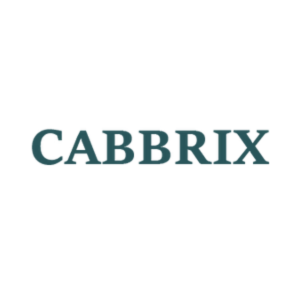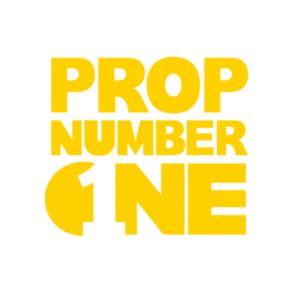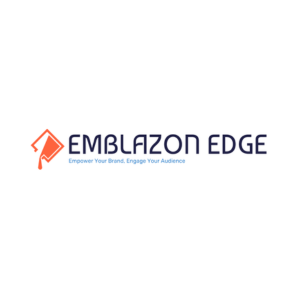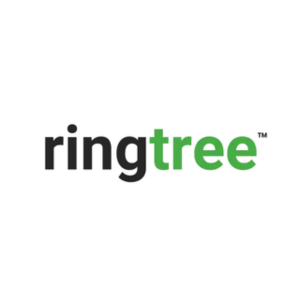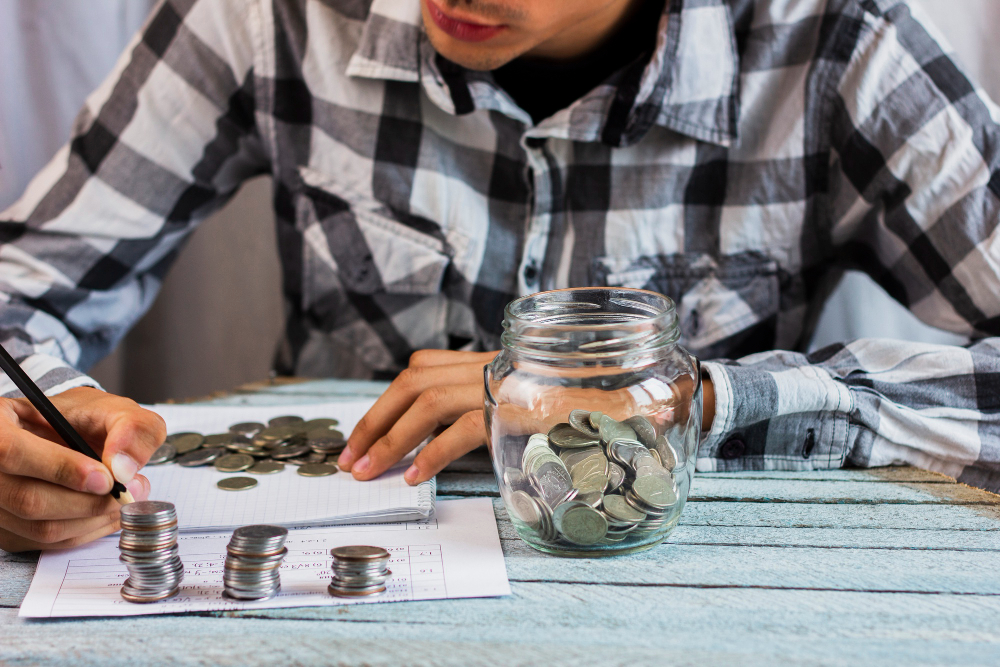
Should You Rent or Buy? How to Save for a House While Deciding on Homeownership
Introduction: Rent or Buy?
When it comes to finding your ideal home, one of the first decisions you’ll face is whether to rent or buy. Each option comes with its own set of benefits and challenges, and the choice depends on your personal circumstances, financial goals, and long-term plans. Renting offers flexibility and fewer responsibilities, while buying a home provides the opportunity for long-term investment and stability. As you weigh the pros and cons, it’s important to also consider the financial aspect—particularly how to save money for a down payment. Understanding the different financial commitments involved in both renting and buying will help you make an informed decision that aligns with your current and future needs.
A brief overview of the decision to rent or buy a home.
When considering homeownership, one of the most significant decisions you'll face is whether to rent or buy a home. Each option comes with its own set of advantages and challenges. Renting offers flexibility, as it allows you to move without the responsibility of maintenance or long-term commitment. However, it also means you're not building equity in a property, and rent payments are often non-refundable.
On the other hand, buying a home is an investment that can provide stability, equity growth, and the freedom to customize your living space. However, it requires a substantial financial commitment, including saving for a down payment and taking on responsibilities like property taxes and maintenance. Understanding your financial situation and long-term goals is crucial in making this decision.
Renting vs. Buying: The Basics
Quickly compare the pros and cons of both options.
When deciding whether to rent or buy a home, it’s essential to weigh the pros and cons of each option. Both have significant impacts on your finances, lifestyle, and future plans, especially when you're focused on how to save money for a down payment.
Renting: Pros and Cons
Pros:
Flexibility: Renting offers more flexibility, allowing you to move more easily if your job or lifestyle changes.
Lower Upfront Costs: With renting, you typically only need to pay a security deposit and the first month's rent, leaving you with more funds to save for other goals like your down payment.
No Maintenance Costs: Renters are not responsible for the upkeep of the property, which can free up money to put towards your savings or other expenses.
Cons:
No Equity Building: Unlike owning a home, rent payments don’t contribute to your long-term financial investment, meaning you don’t build equity.
Rent Increases: Rent can increase over time, leaving you with less predictability in your housing costs.
Limited Customization: As a renter, you may not have the freedom to make significant changes to your living space.
Saving for a Down Payment
How to save for a down payment effectively.
When you're considering whether to rent or buy, saving for a down payment can feel like a daunting task. However, with a structured approach, it becomes much more achievable. Knowing how to save money for a down payment is crucial in making the transition from renting to homeownership.
Start by setting a clear savings goal. Research the average down payment required for the home prices in your area, typically around 20% of the home’s purchase price, though some loans may require less. Once you have a target, break it down into monthly or bi-weekly savings amounts to make it more manageable.
A great way to jumpstart your savings is by automating contributions. Set up an automatic transfer to a dedicated savings account each time you receive income. This "pay yourself first" method ensures that you prioritize saving for your down payment, rather than spending impulsively.
Look for ways to cut back on discretionary expenses. Small sacrifices, like dining out less, reducing subscription services, or cutting back on travel, can add up significantly over time. Every dollar you save brings you closer to your goal.
Setting Down Payment Goals
Determine how much to save for your future home.
When deciding whether to rent or buy, one of the most critical factors is how much money you’ll need to save for a down payment. Understanding the costs involved in purchasing a home will help you set realistic savings goals and make an informed decision about homeownership.
Typically, a down payment is a percentage of the home’s purchase price, and the amount can vary depending on the type of mortgage you choose and your financial situation. In most cases, you'll need to save between 5% and 20% of the home's purchase price. For example, if you are looking at a $400,000 home, a 20% down payment would be $80,000, while a 5% down payment would be $20,000.
It's essential to factor in other costs beyond the down payment. Closing costs, home inspection fees, property taxes, and homeowners insurance are often overlooked but can add up quickly. These expenses could range from 2% to 5% of the home’s purchase price, so it's a good idea to set aside an additional fund to cover these.
To build a realistic savings plan, start by evaluating your current financial situation. Calculate your monthly income, expenses, and any other debts or savings you already have. Once you have a clear picture, set a target amount to save each month toward your down payment. Use tools like online calculators to estimate how long it will take to reach your goal based on your savings rate.
Saving While Renting
Tips for saving money on rent and preparing for homeownership.
Renting can provide flexibility, but if you're thinking about transitioning from renting to homeownership, it's crucial to start saving for your down payment early. Here are some practical tips to help you save money while you're still renting and prepare for a future home purchase:
Create a Dedicated Savings Plan
One of the most effective ways to save for a down payment is to set up a dedicated savings account specifically for your home purchase. Treat it like any other bill, where a portion of your income is automatically transferred to this account each month. This approach will make saving for your down payment more structured and consistent.
Cut Unnecessary Expenses
Review your monthly budget and identify areas where you can cut back. Maybe it's limiting dining out, canceling subscriptions you don't use, or reducing impulse purchases. By trimming these expenses, you can allocate more money toward your down payment fund, helping you reach your goal faster.
Consider a Roommate or Rent Reduction
If you're renting on your own, consider finding a roommate to share the cost of rent and utilities. Alternatively, if you're living in a higher-cost area, see if you can move to a more affordable neighborhood or negotiate a rent reduction with your landlord. The money you save can go directly toward your down payment.
Take Advantage of Employer Benefits
Many employers offer programs that can help you save for homeownership, such as homebuyer savings accounts or down payment assistance programs. Check with your HR department to see if your employer offers any homeownership incentives that could accelerate your savings.
Invest in a Side Hustle
Earning extra income through a part-time job or side hustle can provide a significant boost to your down payment fund. Whether it's freelance work, tutoring, or driving for a ride-sharing service, extra income can help you save more without cutting into your daily expenses.
By following these tips, you'll be in a stronger position to save for a down payment and prepare for the next step toward homeownership. Start early, stay consistent, and soon enough, you’ll be ready to make the leap from renting to owning your dream home.
By following these tips, you'll be in a stronger position to save for a down payment and prepare for the next step toward homeownership. Start early, stay consistent, and soon enough, you’ll be ready to make the leap from renting to owning your dream home.
Improving Credit to Save More
How improving credit helps in saving for a down payment.
When you're planning to buy a home, one of the most significant hurdles is saving for a down payment. However, improving your credit score can play a pivotal role in making this goal more achievable. A higher credit score often leads to better loan options, which can directly impact the amount you need to save for your down payment.
Lenders typically offer more favorable interest rates to borrowers with higher credit scores. A lower interest rate means you’ll pay less over the life of your loan, and this can free up more of your monthly budget for other financial goals, like saving for a down payment. Even a slight improvement in your credit score can lead to significant savings on your mortgage, giving you a clearer path to homeownership.
Furthermore, many mortgage programs, especially for first-time buyers, have specific requirements that favor individuals with good credit. By boosting your credit score, you may qualify for loans with lower down payment requirements. For instance, certain government-backed loans, such as FHA loans, offer reduced down payment options for those with higher credit scores, enabling you to save money for your down payment while still working on other aspects of your financial plan.
Can Renting Help You Save?
Consider how renting might speed up your savings.
When it comes to saving for a down payment on a house, renting can often be a faster path to building up the funds you need. Renting offers flexibility, allowing you to focus on saving without the financial strain of homeownership. With no property taxes, maintenance costs, or hefty repair bills to worry about, renters can channel more of their monthly income into a savings account. This can significantly accelerate your ability to accumulate the money necessary for a down payment.
Additionally, renting provides the chance to live in a more affordable area, which could reduce living expenses, giving you more room to save. By living in a rental property that is within your budget, you can keep your costs low and contribute to your savings consistently.
Financial Planning for Homeownership
Understand the costs of owning a home and plan ahead.
When considering homeownership, it’s important to understand the full scope of costs beyond just the down payment. Owning a home comes with ongoing expenses, including mortgage payments, property taxes, homeowners insurance, utilities, and maintenance costs. These costs can vary significantly depending on the location, size, and age of the home.
Before you start saving, take the time to estimate these expenses to determine what you can realistically afford. You can use online calculators to help estimate monthly mortgage payments and additional costs like property taxes and insurance. Knowing the total cost of ownership will give you a clearer picture of how much you need to save for a down payment and how much you'll need for the long term.
Conclusion: Rent or Buy?
Wrap up your savings strategy and make an informed decision.
When deciding whether to rent or buy a home, your savings strategy plays a pivotal role in your decision-making process. It's crucial to have a clear understanding of how to save money for a down payment. As this will directly affect your ability to enter the housing market. By evaluating your current financial situation, you can determine. How much you can realistically set aside each month and how long it will take to reach your goal.
Consider automating your savings by setting up a dedicated account for your down payment fund. This will help you stay on track and prevent the temptation to dip into those funds for other expenses.
